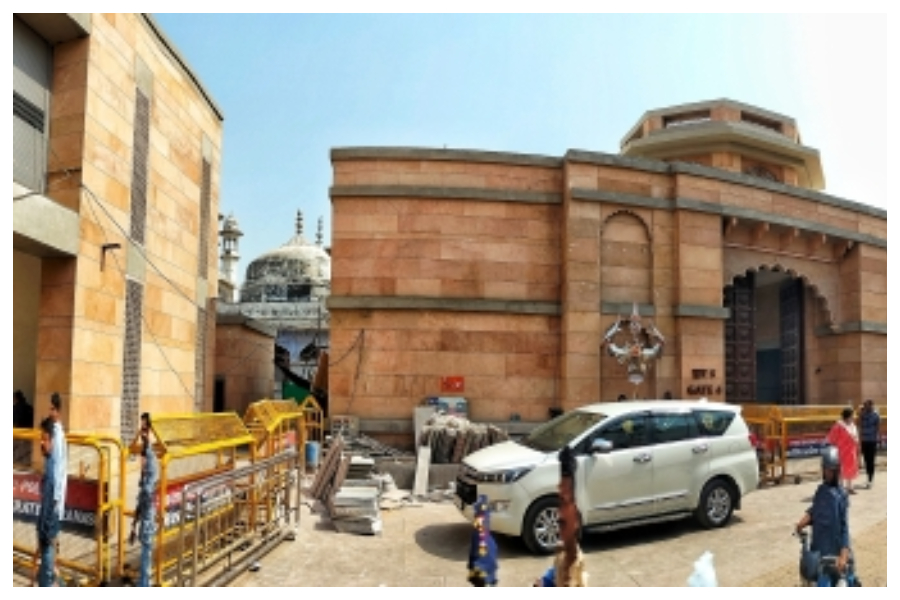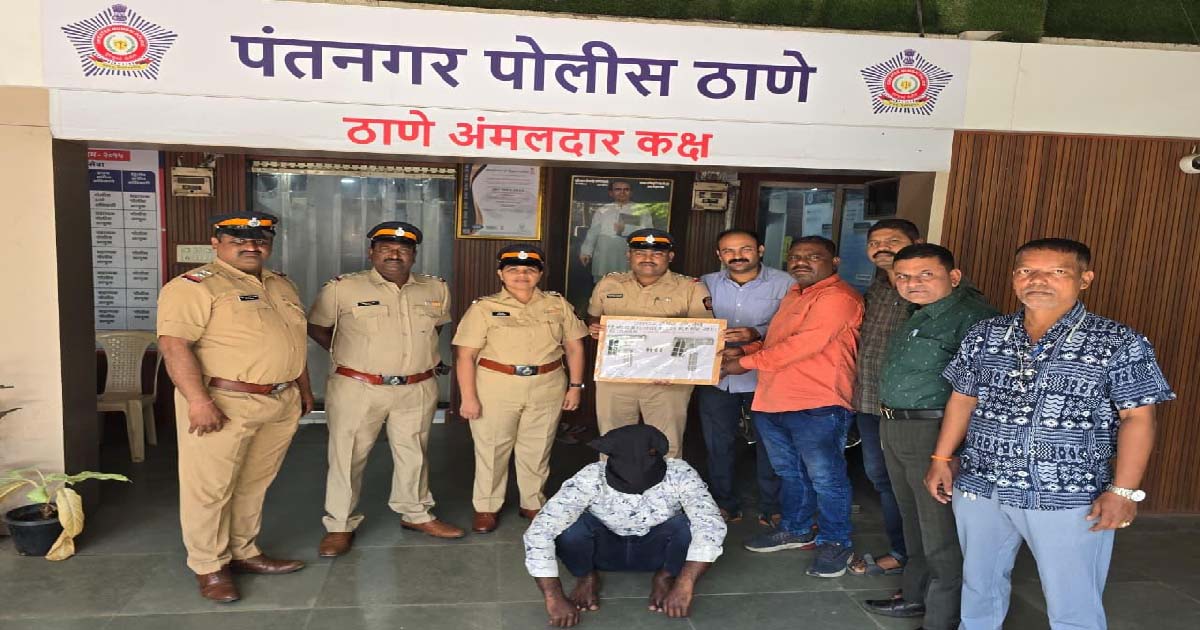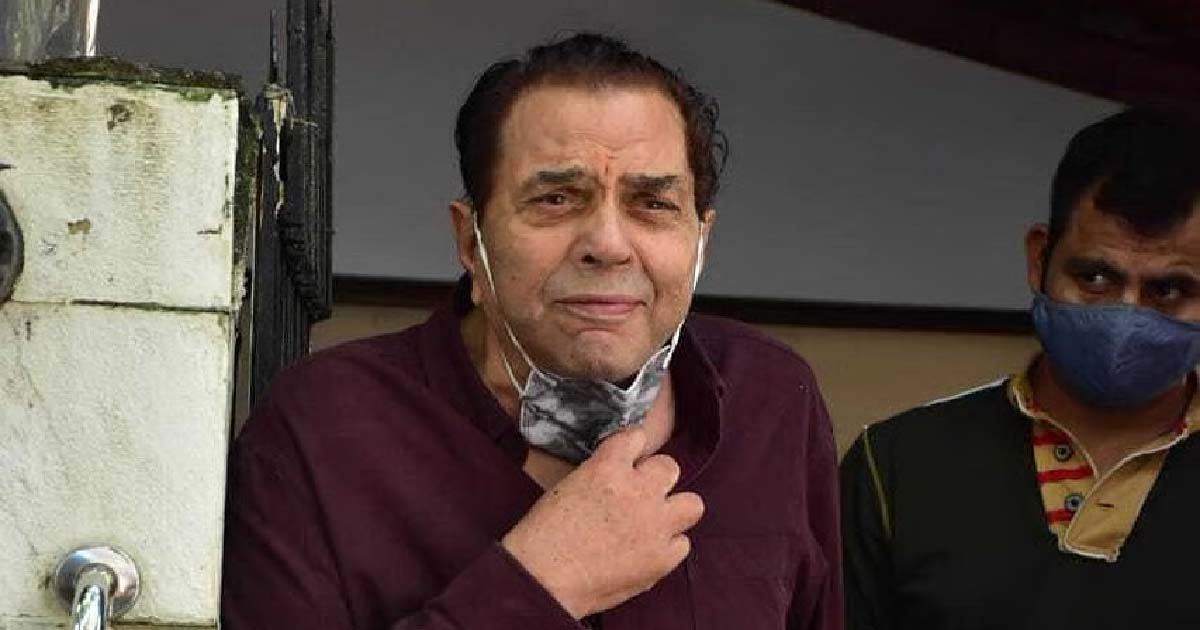General
The five women whose petition has shaken up the nation

The five women who caused an upheaval in the country by filing a petition seeking permission to offer prayers at the Shringar Gauri shrine in the Gyanvapi mosque complex here are neither friends, nor part of one group.
Of the five petitioners, one is based in Delhi while four belong to Varanasi. The closest they came to know of each other is a chance meeting at a ‘satsang’.
While Laxmi Devi, Sita Sahu, Manju Vyas and Rekha Pathak live in Varanasi and have been present at every hearing of the case which began in August 2021, the fifth and the main petitioner, Rakhi Singh, lives in Delhi and has not been to court.
Rakhi Singh’s interest in religion seems to originate from her links to the ‘Vishwa Vedic Sanathan Sangh’.
Rakhi, 35, is a founder member of the outfit, which claims to have done ‘coordination’ for the petition. Her uncle, Jitendra Singh Bishen, is the President of the Sangh.
According to Santosh Singh, the UP convenor of the Vishwa Vedic Sanathan Sangh, the outfit coordinated with four of the women and brought them together to file the Gyanvapi petition in August 2021.
“We are managing the whole case,” he claimed.
The second petitioner is Laxmi Devi, 65, whose husband, Sohan Lal Arya, is a senior VHP office-bearer in Varanasi. Laxmi Devi is essentially a homemaker and lives in Varanasi’s Mahmoorganj area.
An active player in this case, her husband claims it was he who “inspired and brought together the five women (petitioners)”.
Arya, 71, is also the litigants’ agent in the petition.
The VHP Varanasi Mahanagar vice-president and spokesperson since 1984, he said that the petitioners, including his wife, were chosen by him.
Arya, who claims to have been associated with the RSS since childhood, said that he filed his first petition in the Kashi Vishwanath-Gyanvapi matter in a Varanasi court in 1985.
“This time, I decided to put women in front as it is they who pray to Maa Shringar Gauri. I chose the four women as I needed some women to file the petition. I didn’t have any other names, so I picked them,” he said.
The Vishwa Vedic Sanathan Sangh was founded in 2018 “for the cause of Hindutva”. The outfit has also filed cases over the status of Qutub Minar in a Delhi court as well as one regarding the Krishna Janmabhoomi in a Mathura court, which also involves dispute with a mosque.
Sita Sahu, another petitioner, however, has another story as to how they came together for the case.
“Four of us met at a satsang and decided to file the petition. We were contacted by Rakhi Singh saying she wanted to be a part of the petition, so we included her as well,” she said.
Sita Sahu runs a small general store from her house in Chetganj area of Varanasi, just 2 km from the Gyanvapi complex.
While she has never been associated with any outfit or organisation, she said, “We are doing work for Hindu religion and filed the petition because we are not allowed to properly worship our Goddess at the temple.”
Manju Vyas, 49, runs a beauty parlour from her house located 1.5 km from the Gyanvapi complex and is not a member or office-bearer of any outfit or organisation. Apart from her small business, she looks after her family. Her interest is to pray at the Shringar Gauri Sthal.
Rekha Pathak, 35, the fifth petitioner in the case, said she became a part of the petition for the cause of her Goddess.
“I felt bad that women who go to the temple for worship are not allowed past the barricading, so I became a part of the petition. The decision to file the petition was taken by us during a satsang of the temple because all of us worship the Goddess,” she said.
It is on their petition that the Civil Judge (Senior Division), Varanasi, ordered a videographic inspection of the Gyanvapi mosque, inviting objections from the Muslim community.
“For us, nothing else matters except for offering prayers at Shringar Gauri Maa and we will not rest till we are given the permission,” the petitioners said.
Interestingly, none of the five petitioners are aware of the legal or political implications that their petition is having on the nation.
“We are only concerned with worshipping at Shringar Gauri and nothing else matters to us,” said Rekha Pathak.
Maharashtra
Mumbai arms supplier arrested from Ghatkopar depot

Mumbai: Police has claimed to have arrested an arms supplier from Ghatkopar Bus Depot who had come here to supply arms to Mumbai. The Mumbai Police Ghatkopar Anti-Gang Squad received information about this. The police laid a trap and took the accused into custody and recovered two country-made pistols and four live cartridges from his possession. During the investigation, the police asked him his name and he revealed his name as Ajay Kailash, a resident of Ujjain. The police have registered a case in this matter and started the investigation. Pantnagar Police has started the investigation in this matter to find out from where the accused had brought the arms to supply arms. This action was taken by DCP Rakesh Ola on the instructions of Mumbai Police Commissioner Deven Bharti.
Maharashtra
Film Icon Dharmendra on Ventilator Support: Sources

Mumbai, November 10:
Legendary Bollywood actor Dharmendra, aged 89, has reportedly been admitted to a Mumbai hospital after complaining of breathing difficulties. According to hospital sources, the veteran actor is under intensive medical care and is said to be on ventilator support as doctors closely monitor his condition.
Dharmendra, one of Indian cinema’s most celebrated figures, was taken to the hospital earlier this week after experiencing shortness of breath. Medical experts attending to him have described his condition as “stable but serious.” The actor’s sons, Sunny Deol and Bobby Deol, are by his side, while other family members and close friends from the film industry are visiting and offering support.
Hospital insiders have indicated that his vital parameters remain within normal range, though his condition requires constant observation due to his age. Doctors have not yet given a timeline for his recovery or discharge.
News of Dharmendra’s health scare has sparked concern across the nation. Fans have flooded social media with messages praying for his speedy recovery. Several film personalities have also expressed their solidarity and shared their affection for the veteran actor, who has been a beloved figure in Indian cinema for over six decades.
Dharmendra, often referred to as the “He-Man of Bollywood,” has appeared in numerous classic films and continues to be revered for his charm, humility, and contribution to Indian film history.
As of now, official updates from the family are awaited, and the hospital has maintained that the actor remains under close medical observation. Fans and admirers across the country continue to hope and pray for the recovery of their beloved star.
Maharashtra
Govandi is changing: Successful Talent of Govandi Festival filled with children’s artistic talents

Govandi: With the aim of changing the negative image of Govandi, notorious for drug addiction and crime, and providing a bright future for the children here, the Abu Asim Azmi Foundation, led by local MLA Abu Asim Azmi, has taken a big step. The foundation recently successfully organized the “Talent of Govandi Festival”, which was going on for the past one month.
The festival organized various competitions related to education, sports, skills and talents. Thousands of children from Govandi, Mankhurd, and Shivaji Nagar enthusiastically participated in more than 17 competitions, including singing, dancing, drawing, speech, mehndi, recitation, naat, handicrafts, rangoli, carom, boxing, cricket, volleyball, badminton, karate and poetry. The children performed brilliantly by showcasing their talents and hard work. The new and hidden talents of Govandi were introduced not only locally but also internationally. On this occasion, those IAS officers who added to the glory of Govandi were also honored. MLA Abu Asim Azmi, motivational speakers Sir Awadh Ojha and Sana Khan, and social media influencer Faizo among other dignitaries were present at the event. All of them encouraged the children and gave them prizes. The main objective of the festival was to encourage children to stay away from drugs and choose a better life and make their future bright, through which the talents of the children of Govindi were introduced to the whole world.
-

 Crime3 years ago
Crime3 years agoClass 10 student jumps to death in Jaipur
-

 Maharashtra1 year ago
Maharashtra1 year agoMumbai Local Train Update: Central Railway’s New Timetable Comes Into Effect; Check Full List Of Revised Timings & Stations
-

 Maharashtra1 year ago
Maharashtra1 year agoMumbai To Go Toll-Free Tonight! Maharashtra Govt Announces Complete Toll Waiver For Light Motor Vehicles At All 5 Entry Points Of City
-

 Maharashtra1 year ago
Maharashtra1 year agoFalse photo of Imtiaz Jaleel’s rally, exposing the fooling conspiracy
-

 National News1 year ago
National News1 year agoMinistry of Railways rolls out Special Drive 4.0 with focus on digitisation, cleanliness, inclusiveness and grievance redressal
-

 Maharashtra12 months ago
Maharashtra12 months agoMaharashtra Elections 2024: Mumbai Metro & BEST Services Extended Till Midnight On Voting Day
-

 National News1 year ago
National News1 year agoJ&K: 4 Jawans Killed, 28 Injured After Bus Carrying BSF Personnel For Poll Duty Falls Into Gorge In Budgam; Terrifying Visuals Surface
-

 Crime1 year ago
Crime1 year agoBaba Siddique Murder: Mumbai Police Unable To Get Lawrence Bishnoi Custody Due To Home Ministry Order, Says Report












